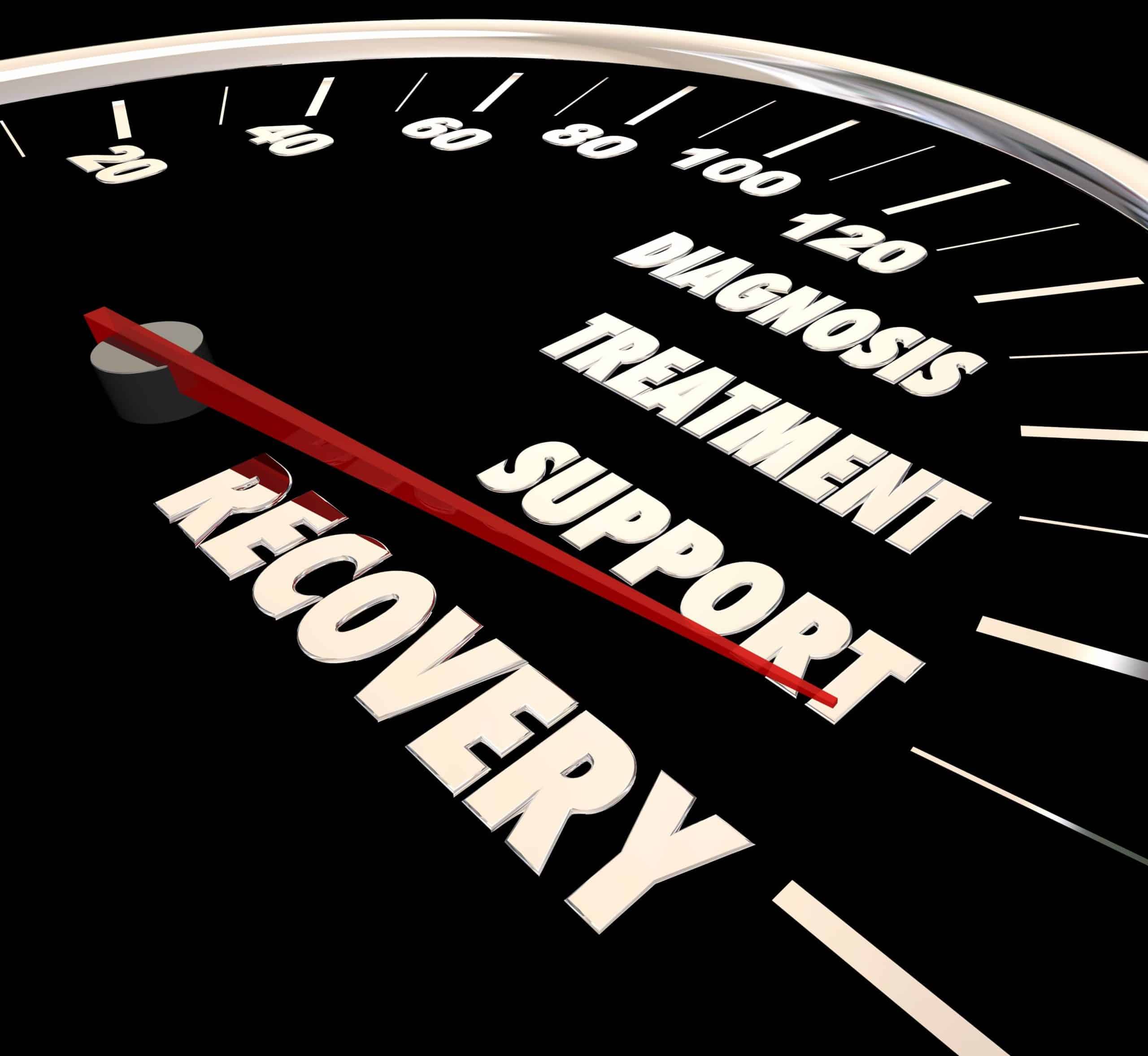Medically Reviewed by Dr. Mohammed Saeed, MD.
Addiction is a chronic disease that a person will live with forever. That does not mean that the individual can’t learn to manage their addiction in the same way that people learn to manage and live with a variety of chronic diseases, from asthma to diabetes to heart disease.
Addiction and the Brain
An addiction to alcohol or drugs causes changes to the human brain. A complex organ, the brain comprises billions of neurons. Neurons are the cells that control the flow of information between the brain and the body.
Drugs and alcohol interfere with how the brain’s neurons send, receive, and understand messages. Some drugs will mimic the way neurons communicate, causing a reaction in the body. Other substances will release more neurotransmitters, the body’s chemical messengers. Some drugs can disrupt another way communication happens when the substance doesn’t allow the neurotransmitter to be recycled properly.
No matter how alcohol or drugs interfere with the brain’s communication, over time, the brain begins to adapt. This can result in cravings for the feeling that the substance produces in the body, like euphoria or energy. As tolerance develops, the person will require more of the substance to achieve the same feeling. Additionally, stopping or reducing the amount of a substance will cause unpleasant withdrawal symptoms.
Strategies for Quitting
Addiction cannot be cured; however, it is treatable. To increase a person’s odds of quitting successfully, they should consider these strategies:
- Think about what needs to be done to quit — from finding support to eliminating potential triggers.
- Consider the home and living environment — are there items that need to be removed or routines that should be changed?
- Plan distractions — create a list of things to do when a craving hits or temptation strikes.
- Discuss the use of medications — talk with a doctor about what medications are available to control cravings and reduce withdrawal symptoms.
- Find support — knowing friends and family are available when needed is essential.
Addiction Risk Factors
Not everyone that misuses drugs or alcohol will develop an addiction. Researchers have yet to determine why some people become addicted when others don’t. Addiction can happen at any age and at any time. No one is immune to addiction, but some factors increase a person’s risk. These can be biological or environmental.
Some biological risk factors include having a family member who has struggled with addiction. The earlier someone begins abusing drugs or alcohol, the higher their risk of addiction. Others may be more sensitive to drugs than others. Factors such as gender and ethnicity can play a role as well. Finally, having a mental illness may increase a person’s risk of addiction.
There are also environmental factors that increase an individual’s risk of addiction. These are:
- A chaotic or unsupervised home environment
- Easy availability of drugs or alcohol
- Exposure to stressors like violence, abuse, or even poverty
- Peers that are abusing drugs and alcohol
Signs of Addiction
Some people can hide their substance abuse problems better than others. Signs that someone may be struggling with drugs or alcohol can include:
- Changes in personality and behavior, ranging from a lack of motivation to irritability to agitation
- Bloodshot eyes and frequent bloody noses
- Shakes, tremors, or slurred speech
- Change in their daily routines
- Lack of concern for personal hygiene
- Unusual need for money; financial problems
- Changes in friends and activities
The Reality of Relapse
As a chronic condition, addiction can be managed, but a common part of this process is relapse. Relapse happens when a person begins using drugs or drinking again after quitting.
For too long, relapse has been viewed as a failure. The reality is that relapse indicates the person needs to speak to their health care team about modifying their existing treatment plan. Maybe the person needs to restart their plan after a relapse or modify their current treatment. Perhaps they need to try an entirely new approach. What is essential is to seek help as soon as possible after a relapse.
Building on a belief that spiritual development and healthy recovery can bring inner peace to clients overcoming addiction and substance abuse, Into Action Recovery Centers takes a people-centered approach to addiction treatment. The center is conveniently located in Houston, Texas, and is led by experienced master’s level counselors and medical professionals who specialize in personalized treatment for drug and alcohol abuse.




